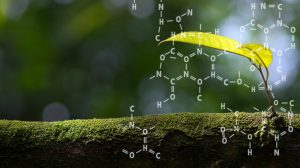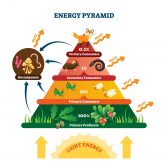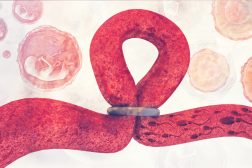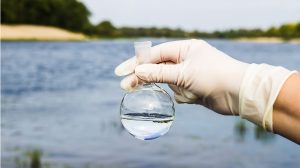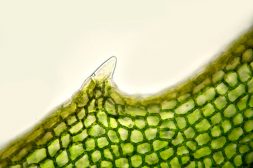Definition
noun
A branch of biology that studies protozoa, which are eucharyotes characterized by being single-celled, most of them motile and heterotrophic
Supplement
Protozoology is a branch of biology that deals with protozoa. Protozoa are eukaryotic organisms belonging to a group characterized for being single-celled, most of them motile and heterotrophic. In a five-kingdom scheme of classifying organisms, they belong to a taxonomic group within Kingdom Protista, and typically divided on the basis of their means of locomotion: Flagellates (e.g. Giardia lambdia), Amoeboids (e.g. Entamoeba histolytica), Sporozoans (e.g. Plasmodium knowlesi), and Ciliates (e.g. Balantidium coli). Protozoology studies these organisms with regard to their taxonomy, morphological features, medical importance, etc.
Individuals that specialize in this particular field of biology are called protozoologists. One such notable protozoologist is Stanislaus von Prowazek. He is a Austrian protozoologist and parasitologist known for his work and provisional leadership of the department of protozoan studies (Protozoenkunde) at the Kaiserliches Gesundheitsamt in Berlin. He was the first to show Trypanosoma lewisi going through a special stage in the body of its rat louse host.1
It should be noted however that the use of the term protozoology is now not as popular as before and protistology is preferred to pertain to the scientific study of such organisms, which are also now referred to as protists together with algae and other plant-like eukaryotes.
Word origin: proto (“first”) + zoa (“animals”)
See also:
- flagellate
- amoeba
- sporozoa
- ciliate
- protist
Reference(s):
1 Stanislaus Josef Mathias von Prowazek, Edler von Lanow. (2006). Retrieved from http://www.whonamedit.com/doctor.cfm/3227.html.


